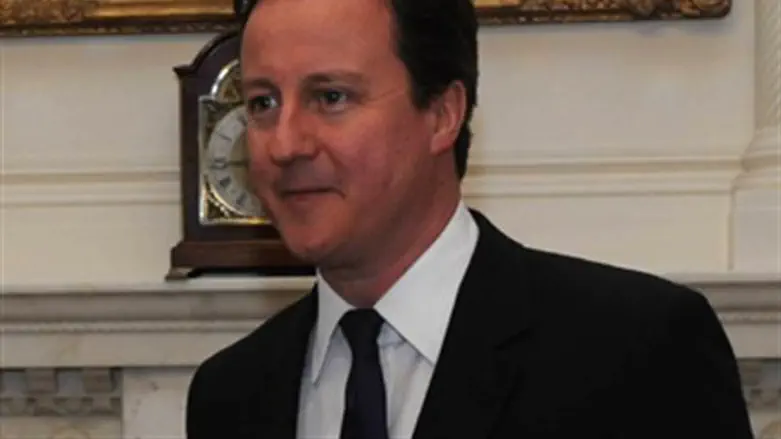
British Prime Minister David Cameron argued in favor of international intervention in Syria in a lengthy Parliament debate Thursday. However, despite his impassioned speech, his government was ultimately left without support for a military intervention, and decided to delay a decision.
“This is not like Iraq, what we are seeing in Syria is fundamentally different. We are not invading a country,” Cameron argued.
He said, “It’s not about taking sides, it’s not about invading, it’s not about regime change… It’s about the large-scale use of chemical weapons and our response to a war crime – nothing else.”
There is clear evidence that a war crime was committed, he added, “The Syrian government has said it took place, even the Iranian president has said it took place and the evidence that the Syrian regime has used the weapons in the early hours of 21 August is right in front of our eyes.”
He showed emotion as he recalled the videos of the chemical attack showing “children’s bodies… young men and women gasping for air and suffering the most agonizing deaths.”
At the same time, Cameron said the government does not have “100 percent certainty” that Assad’s regime was responsible for the deadly assault.
The British government’s official position regarding a response to the chemical attack in Syria is to support “military intervention to strike specific targets with the aim of deterring and disrupting further such attacks,” rather than an assault targeting the Assad regime.
Cameron’s opponents in Britain’s Labour party and Independence party (UKIP) were not convinced by his arguments.
UKIP leader Nigel Farage told the BBC he still opposes intervention in Syria. "By sending cruise missiles into Syria as a punishment for possibly using chemical weapons, how does that make anything better? I would have thought that perhaps it makes things even more unstable and we risk getting dragged into a conflict with big players on both sides of the argument,” he argued.
Labour head Ed Miliband, too, expressed revulsion at the chemical weapons attack, but said that Britain must be cautious. “I don't think anybody in this House or anybody in the country should be under any illusions about the effect of our relationship to the conflict in Syria if we were to militarily intervene,” he said.
“That does not for me rule out intervention, but I think we need to be clear-eyed about the impact that this would have… In our minds should be this simple question, which is upholding international law and legitimacy, how can we make the lives of the Syrian people better?”
Ultimately, the strong opposition led Cameron to decide to delay a decision. Britain will wait for the United Nations to conclude its research before considering a military intervention in Syria, he said.
